Under Udaipur's canopy of starlit whispers, destiny's loom wove its fateful yarn. Amid this celestial ballet, atop a hostel that whispered tales of myriad travellers, I encountered Tanu. The terrace, a patchwork of faded rugs and mismatched cushions, perched like a bohemian crown above the city's heartbeat. Lush plants in pots bordered the space, casting playful shadows in the moon's glow.
Tanu, a tempest of vibrance in human form, erupted into this gathering of travellers' sanctuary. Her presence was not just a fleeting memory but a blaze that illuminated the inherent beauty of solo journeys and their unpredictable intersections.
As we sat surrounded by the eclectic charm of the terrace, where laughter and anecdotes wove an invisible bond among us, Tanu shared her narrative. It was an account that danced from a comical taxi debacle to a profound affirmation of human goodness.
Her account, told with the cadence of a seasoned raconteur, reignited her commitment to her solitary path and embedded her essence into our transient collective.
It, sparked under the auspices of shared travel tales, revealed her indomitable spirit.
In that moment, Tanu's account crystallised a profound truth: that the path of a solo traveller, especially a woman in modern India, is not just a route walked alone, but one woven from the threads of chance encounters and shared humanity. Her tale, echoing with laughter and resilience, was a dynamic mirror to the changing face of India - where women, like Tanu, navigate their destinies with an unwavering spirit, reshaping not just their own experiences but also the very fabric of a society in flux.
Dawn by the Lake: Voices of Resilience and Authenticity
As the day's first light began to streak across the sky, Tanu and I found ourselves at the edge of Lake Pichola, the city of Udaipur still nestled in the arms of slumber.
This was our first visit to the tranquil spot, chosen for a sunrise rendezvous that promised a deeper understanding of each other's worlds.
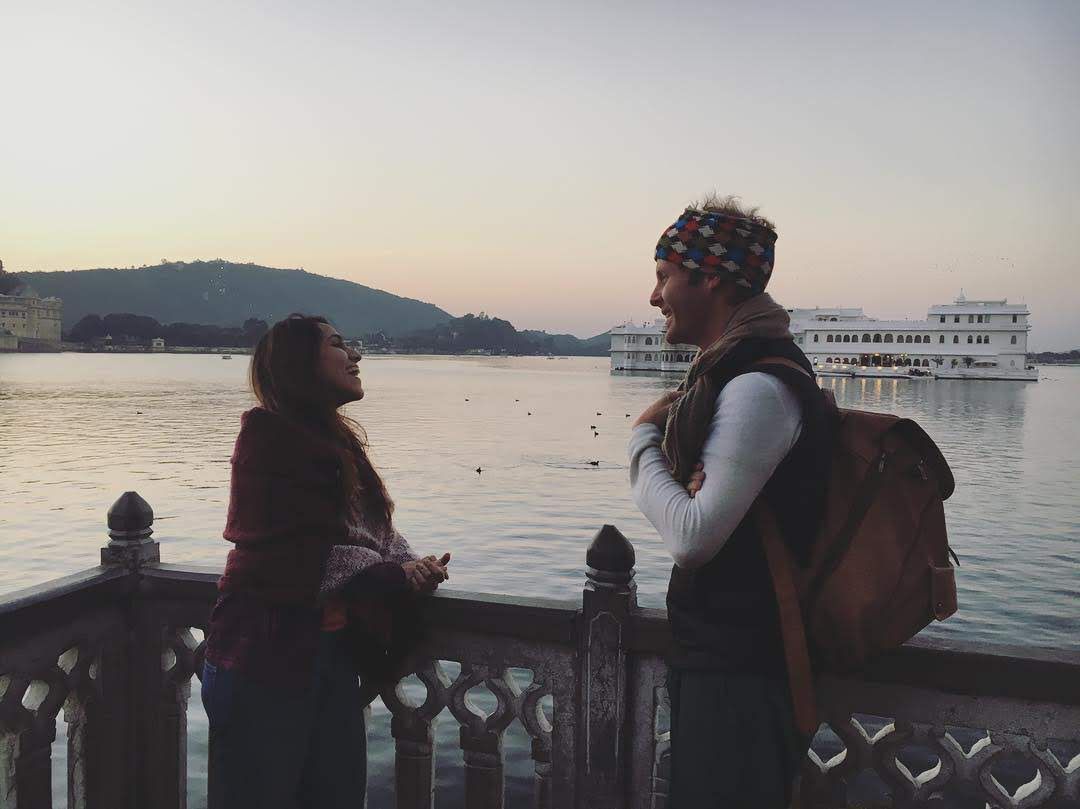
The lake lay before us, a canvas of peace, mirroring the pastel hues of dawn. "There's something about this place," Tanu mused, her gaze following the gentle ripples of water. "It's like a mirror, reflecting what's within us."
As we watched the day unfold, our conversation drifted towards the heart of her life's adventures. "Travelling solo, as a woman, can be challenging," she said, her voice tinged with a mix of resolve and vulnerability. "There are moments of joy and others that test your limits."
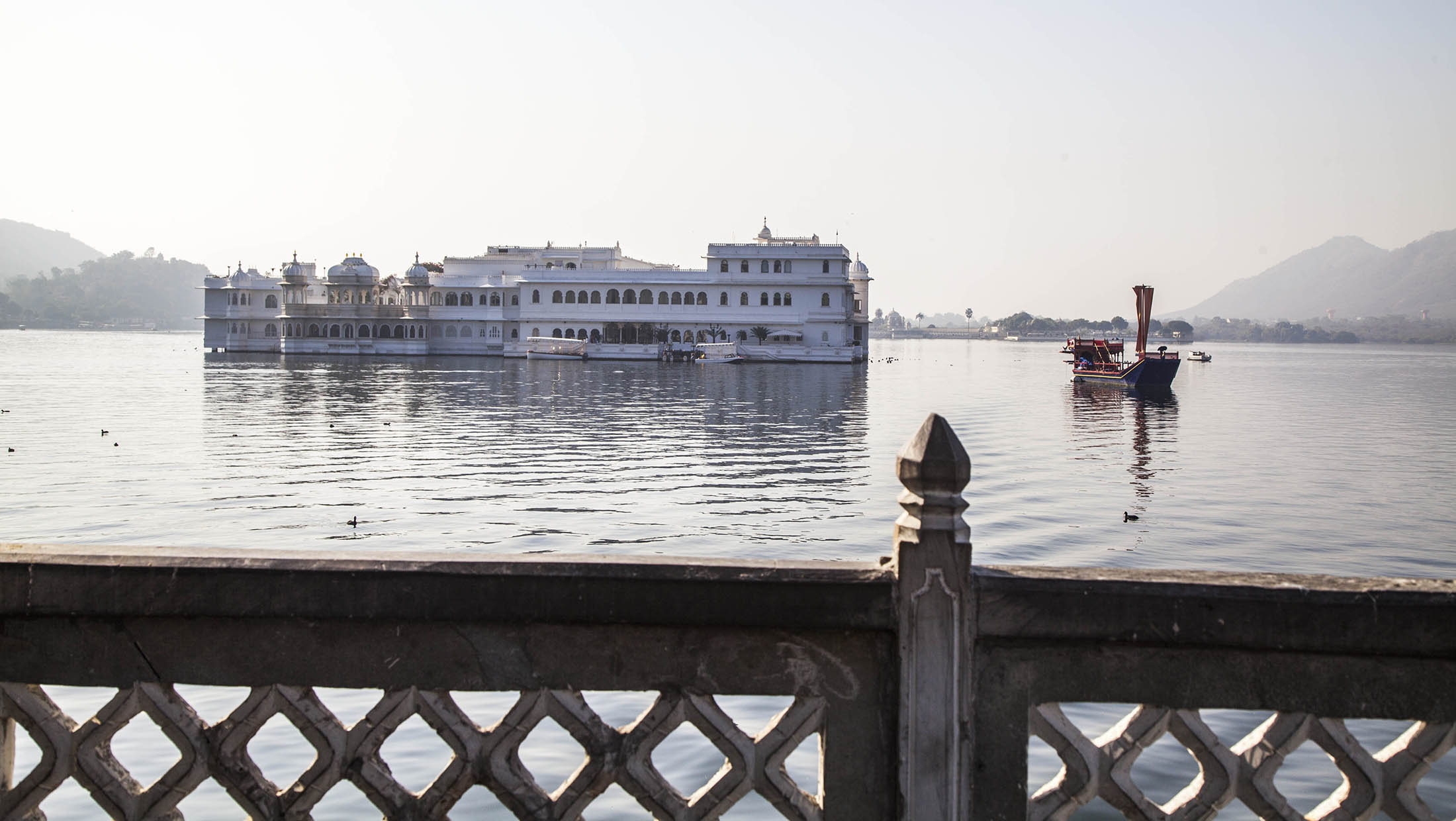
I listened, captivated, as she shared her stories that spanned the spectrum from exhilarating independence to the challenges faced in a society still grappling with changing norms. "But that's the point, isn't it?" she pondered aloud. "To voice my experiences, to inspire with authenticity and courage. It's not just about my journey; it's about lighting a path for others."
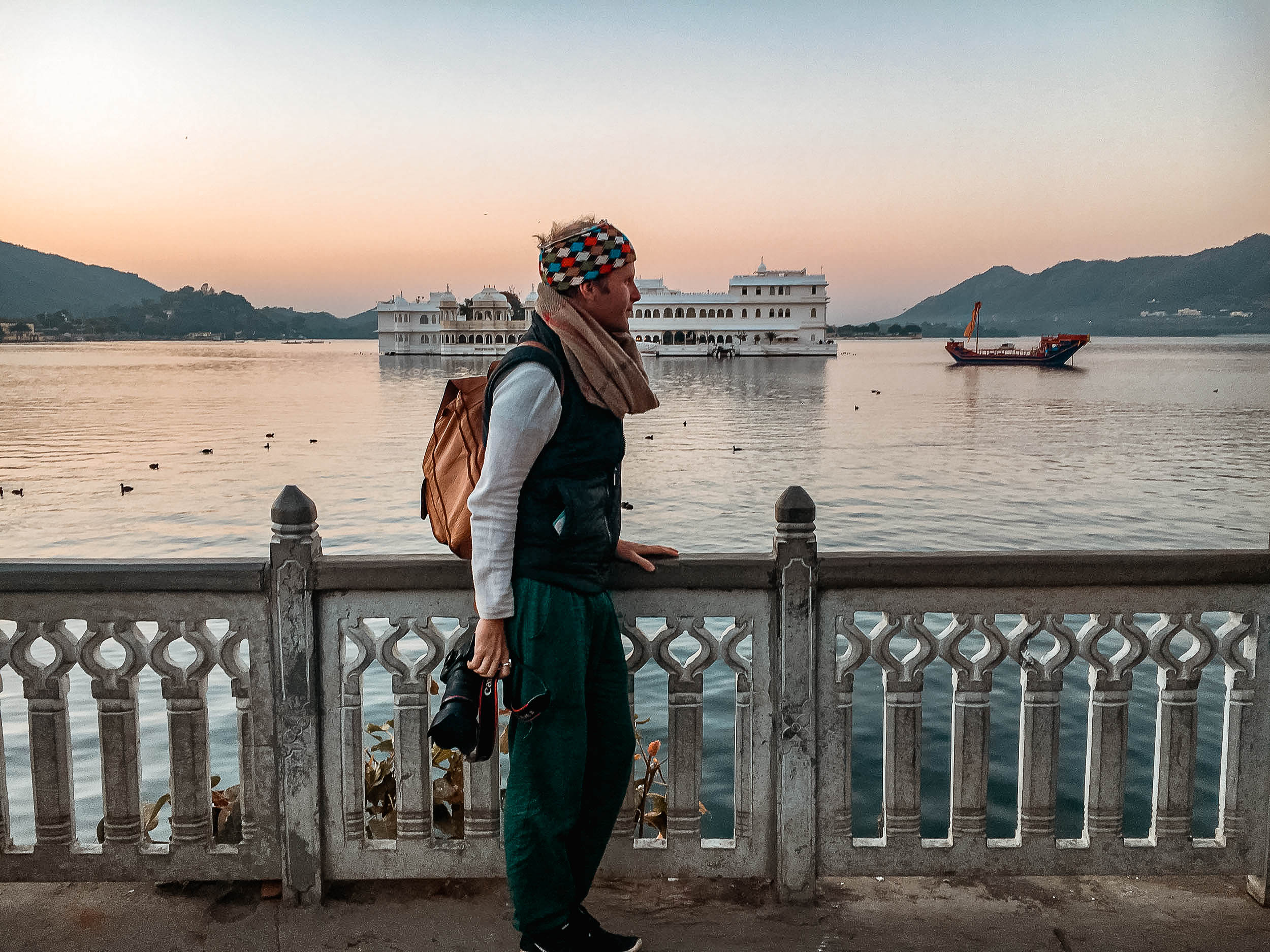
As the sun crested the horizon, bathing us in its golden glow, our dialogue seemed to dance with the light. Here, by the lake, Tanu's revelations painted a picture of an India in transition, seen through the lens of a woman's courage and her quest to redefine her life's journey. It was a morning of shared truths and the forging of a bond, deepened by the understanding that every experience, like the day's new light, holds the power to inspire and transform.
Navigating New Horizons: The Changing Face of Indian Womanhood
As the day broke over Lake Pichola, Tanu's life's journey offered a glimpse into the evolving path of modern Indian women. Growing up without a father, she had journeyed from a small town to the bustling streets of Mumbai, a path emblematic of the new India. Her life mirrored the experiences of many Indian women today, balancing traditional values with the pursuit of independence and self-sufficiency.
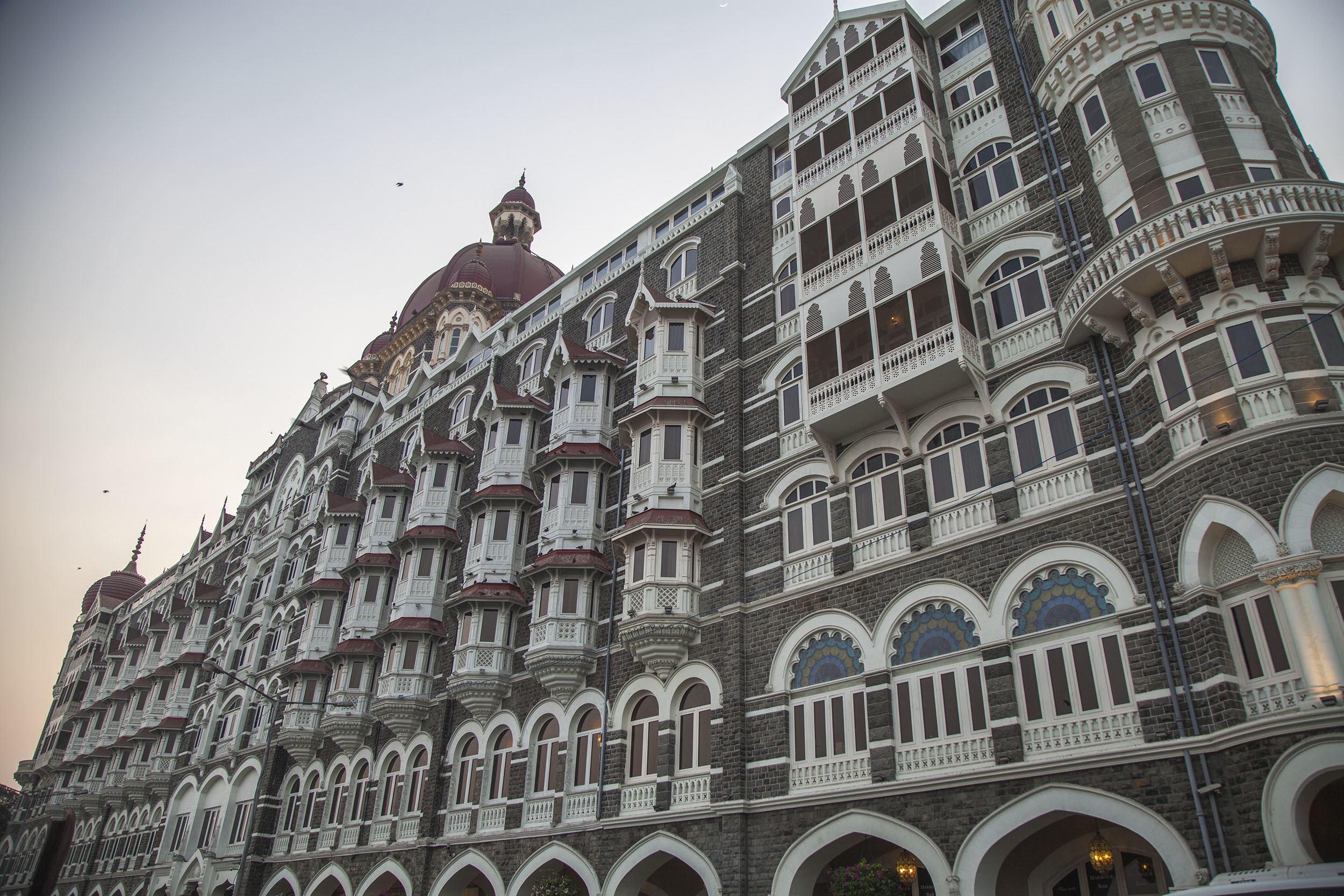
In carving out her own destiny, supporting her mother and grandmother, Tanu embodied the spirit of contemporary Indian womanhood – resilient, ambitious, and a beacon of change in a society that's rapidly transforming yet deeply rooted in its cultural heritage. This heritage is a rich mosaic of ancient traditions, diverse spiritual practices, and a profound philosophy that underpins the everyday life of its people, from the intricate rituals of worship to the traditional values of family and community solidarity that still strongly resonate in the bustling cities and quiet villages alike.
Cultural Reflections: Exploring the Streets of Change
Conversations with Tanu weren't confined to that tranquil morning by Lake Pichola. They unfolded in the vibrant chaos of Udaipur's streets, during spontaneous rides in the tuk-tuks, and amid the rich colours of fabric markets.
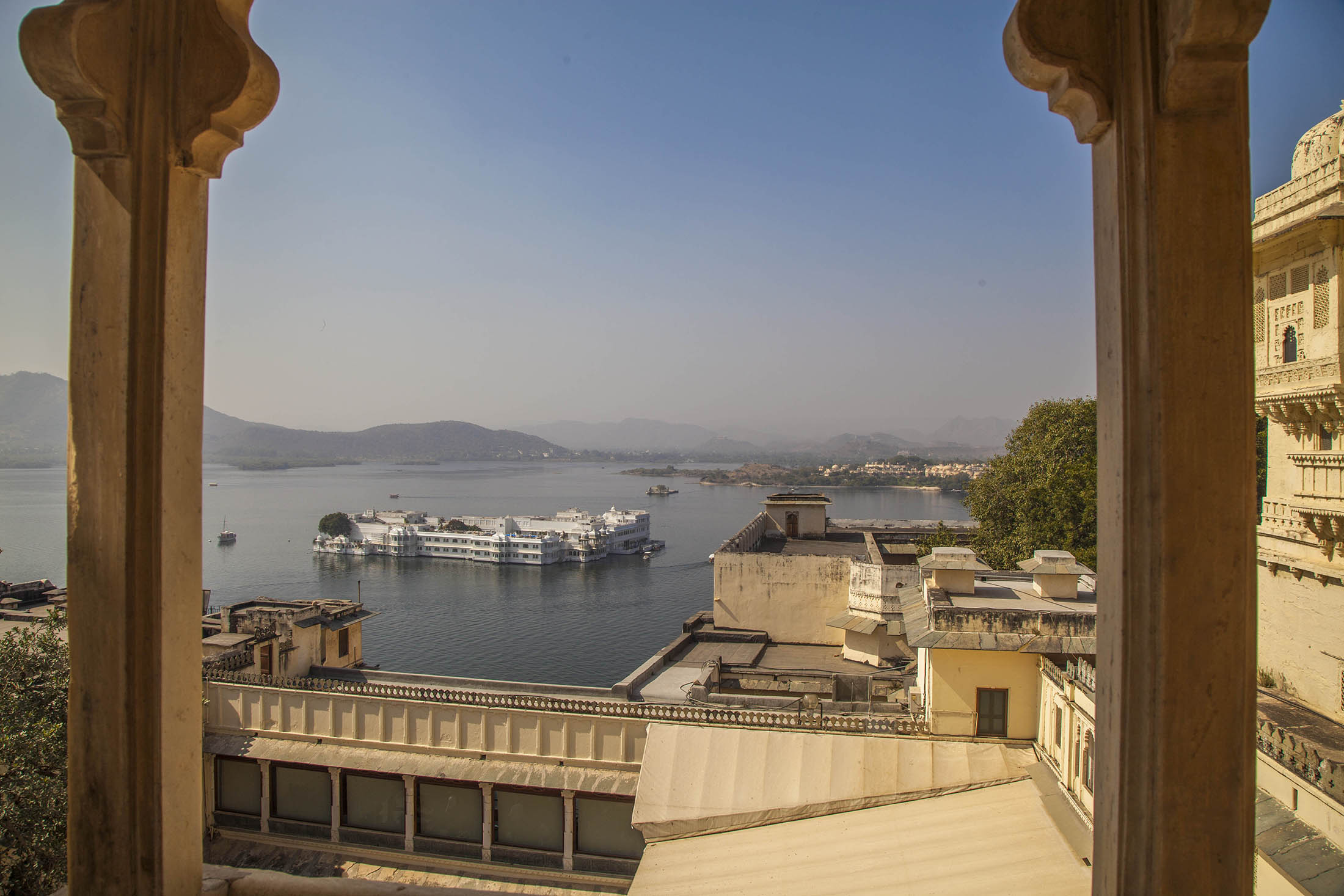
Tanu's insights came alive as we navigated the city's labyrinthine alleys, each turn revealing a chapter of old and new. Her observations about changing gender roles and the increasing visibility of women in public and professional spheres resonated deeply. "It's slow," she remarked amid the hum of a busy market, "but you can feel the change."
Our time together, though enriching, was interspersed with periods of solitude. As solo travellers, we both cherished our individual space. This need for personal time and reflection was a connection that linked us, reflecting the essence of solo travel – the freedom to explore both the world and oneself independently.
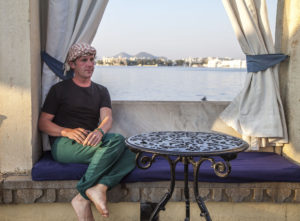
This balance of companionship and solitude mirrored the broader chronicle of modern Indian women like Tanu. They chart their path, seeking both community and personal space, often challenging traditional expectations (such as arranged marriage, defined gender roles, and societal pressures to prioritise family over personal aspirations). Her life's chronicle, interwoven with the city's evolving rhythm, offered a microcosm of the larger shifts happening across the world’s second-most populous country — a place grappling with its rich traditions while making room for new voices and visions.
Cultural Reflections: Amid Udaipur's Vibrant Fabric Bazaars
One sun-soaked morning, we found ourselves amid the riot of colours and murmurs of the fabric district.
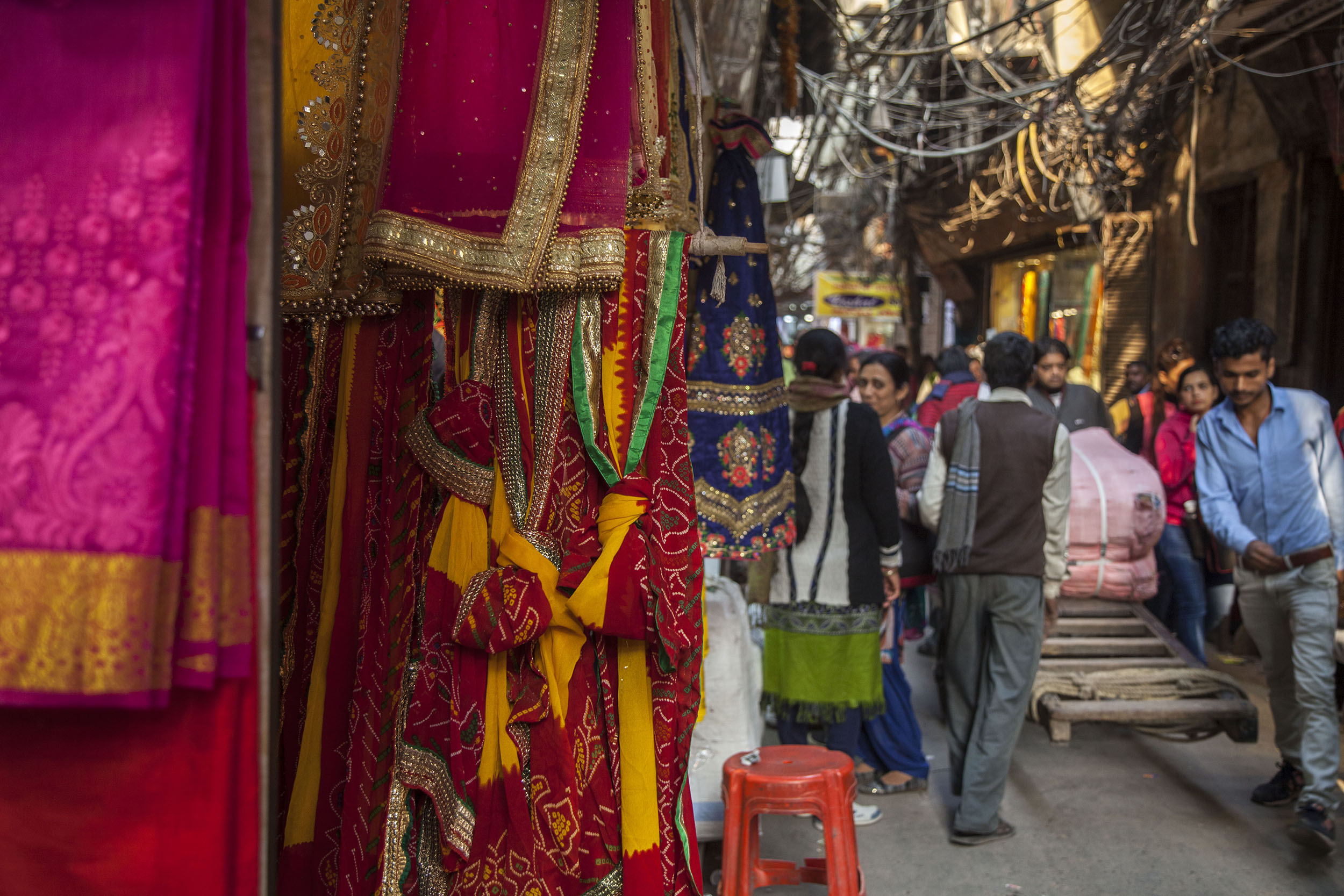
It was an artist's palette, alive with fabric, saris and shoes in every conceivable shade. Tanu's hand gently caressed the fabrics in one store, her fingers tracing the textures as if they were lines of an untold chronicle. The air was thick with the scent of dyed cotton and silk, mingling with the distant aroma of street food.
Around us, the streets thrummed with the energy of negotiation and laughter. Tanu haggled with a vendor, her Hindi laced with a playful firmness, a dance of words and smiles. In her negotiation, I saw a metaphor for the modern Indian woman – rooted in tradition, yet assertive in the new world.

As she negotiated, she shared a laugh with the vendor, a shared moment of joy so common in her interactions. “You have to understand the dance,” she said to me later, “the give-and-take of life here. It's all about connection.” Her words stayed with me, a simple yet profound truth about the intricate social ballet of India.
As she unfolded a sari, the sunlight caught its threads, turning it into a river of vibrancy. "Every pattern tells a tale," she mused, holding it against the light. "Much like us."
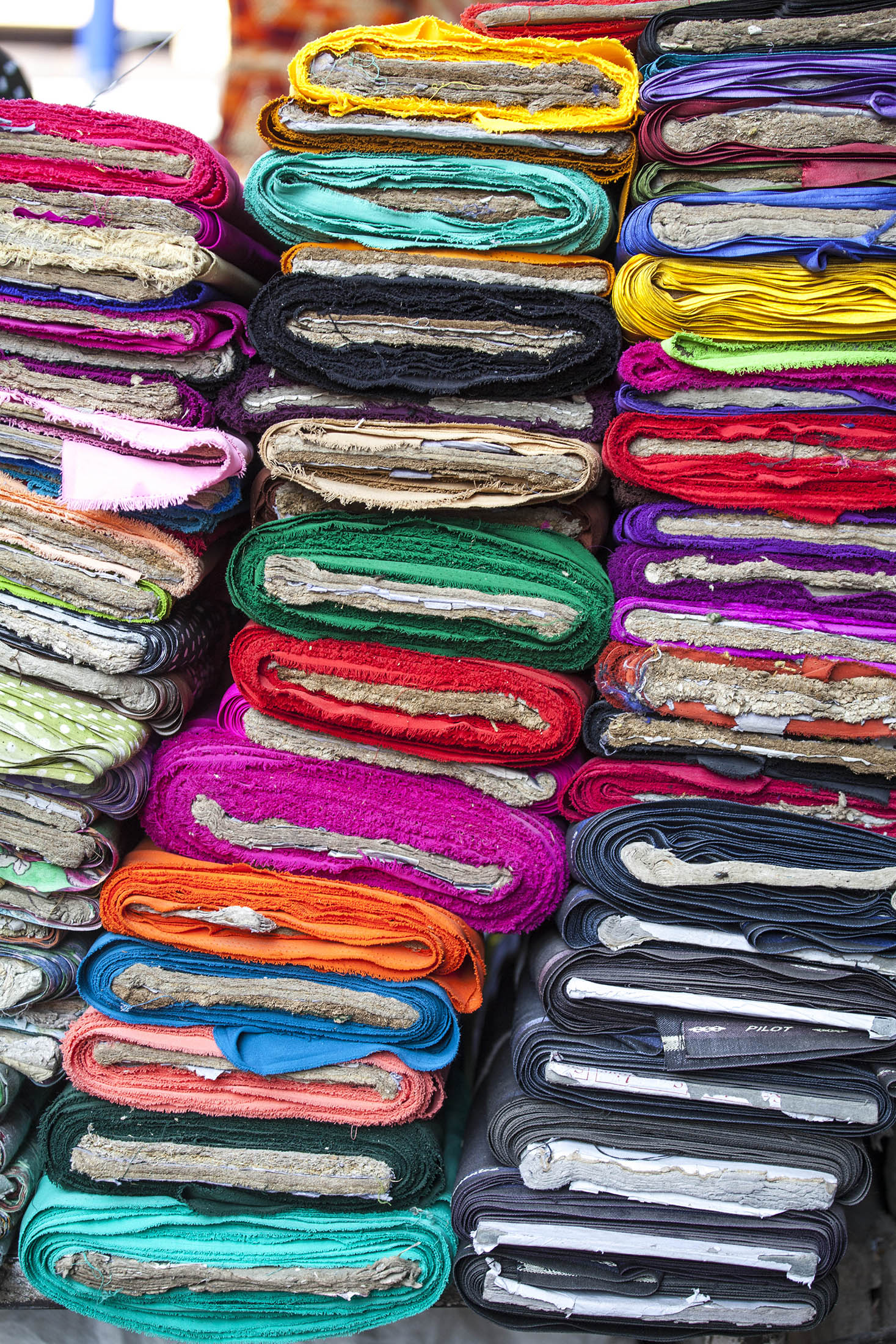
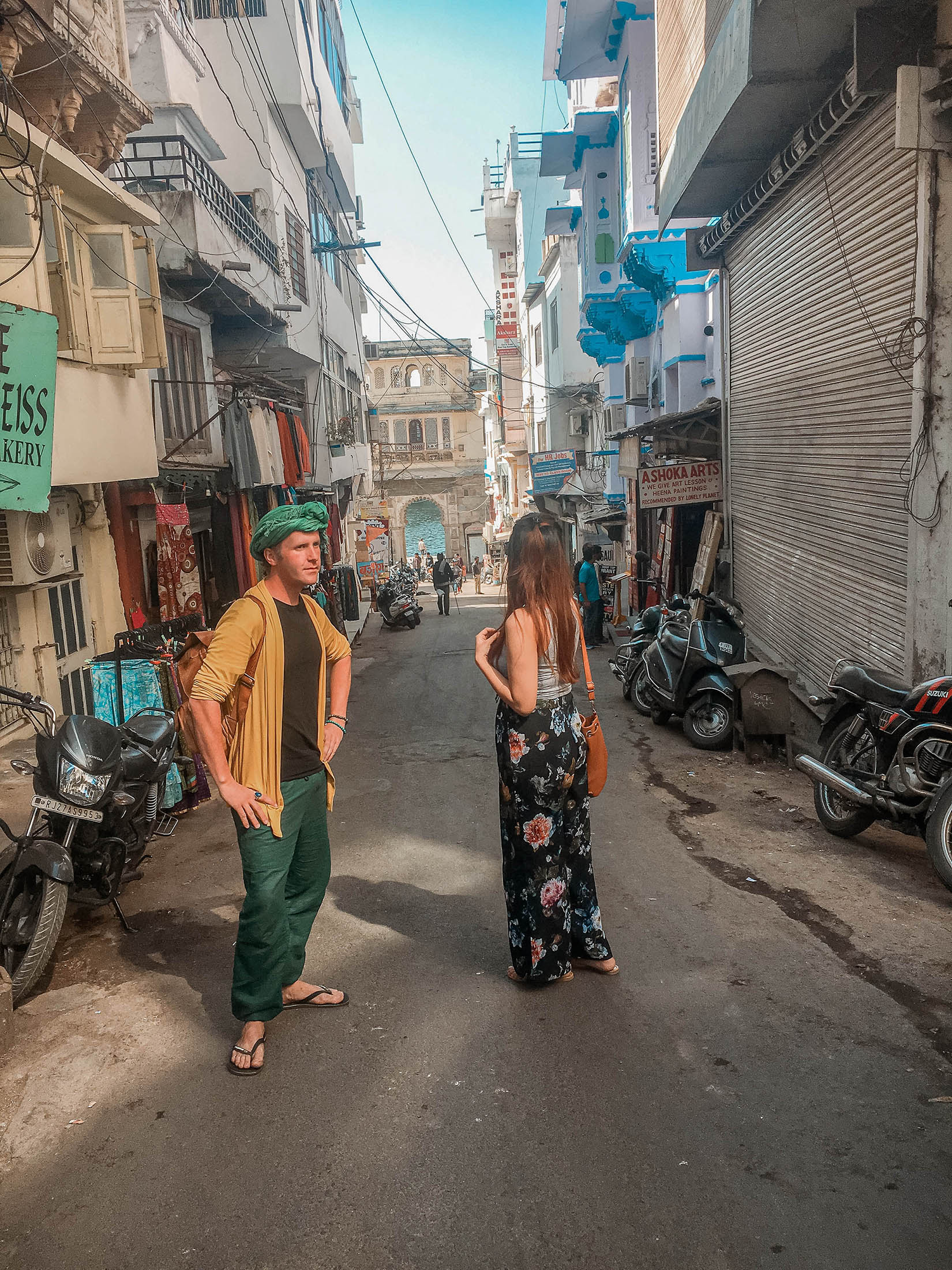
Our conversation drifted to the roles women played in these evolving chronicles. Tanu spoke of the delicate balance between embracing freedoms and respecting age-old customs (often as nurturers and keepers of tradition, now increasingly as professionals, leaders, and innovators), her words weaving through the cacophony of the market.
In these moments, amid Udaipur's vivid market, our understanding deepened. Not just of each other, but of a culture in transition, mirrored in the vibrant fabrics that Tanu so lovingly perused.
Here, in the heart of the fabric district, India's story of change was as tangible as the sari fabric that slipped through our fingers.
Vivacity in Motion: Tanu's Spark
Tanu's vivacious nature seemed to animate the very air around her. In the bustling markets, her laughter was a melody that turned heads, her engaging demeanour drawing people into her orbit with effortless grace. It was not just her words but her entire being that spoke the language of connection — her gestures, the lively tilt of her head, the animated sparkle in her eyes as she shared an account or listened intently to another.
That spark in her eyes was more than just a reflection of light; it was the tangible sign of a soul ignited by curiosity and a zest for life. It shone brightest when she recounted her solo travels — the challenges met with a steadfast spirit, the unexpected joys embraced with open arms. It was this inner fire that seemed to fuel her journeys, an unspoken promise that she was not merely passing through life but truly living it.
Her actions — whether negotiating in the market, offering guidance to someone, or navigating the complexities of her world — spoke of a woman who embraced life with passion and determination. And in her interactions, one could see the threads of genuine connection being spun. She bridged cultural gaps not with grand gestures but through the universal language of empathy and understanding.
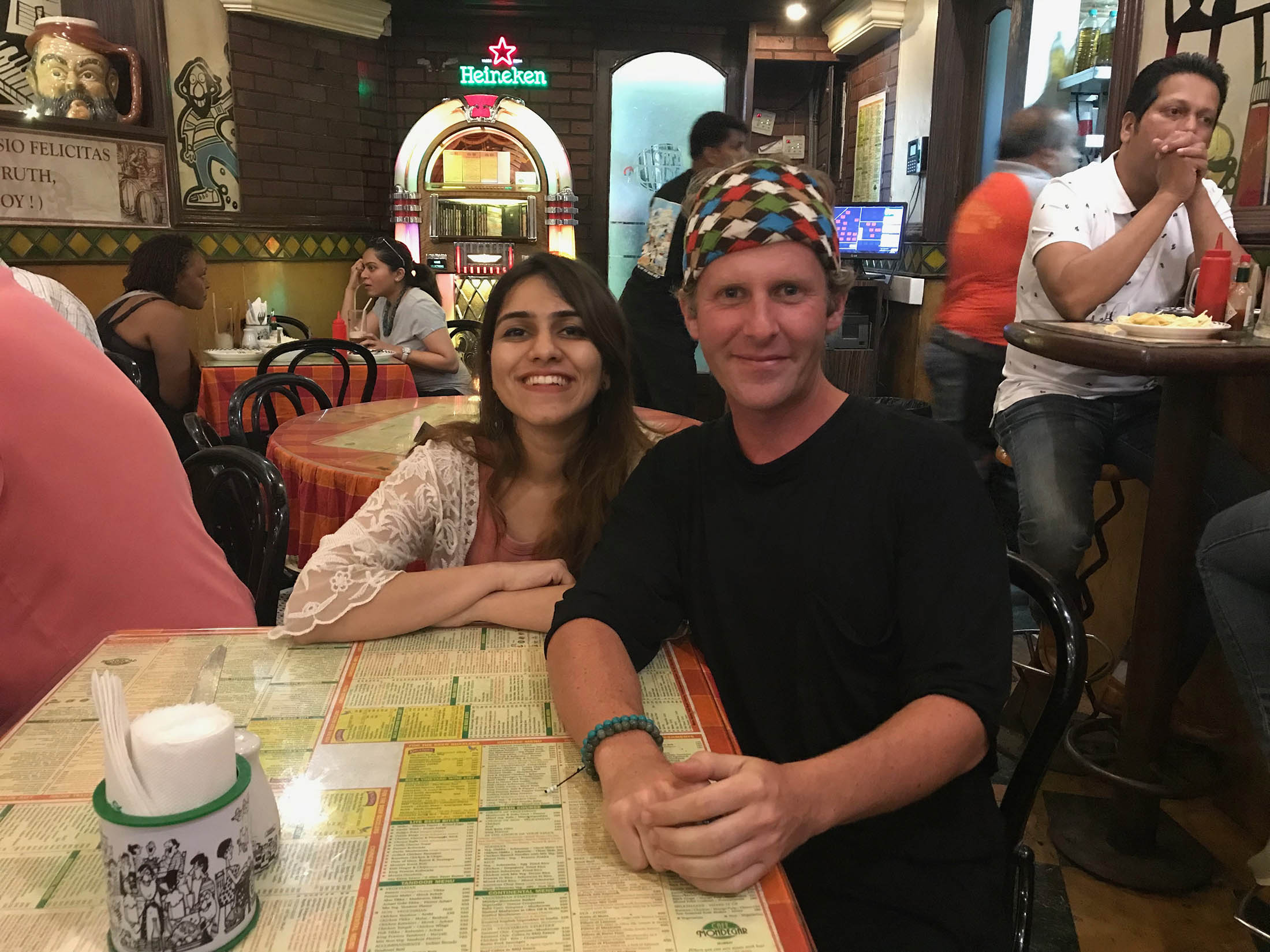
Tanu's warmth was an invitation, her presence a comforting embrace that transcended barriers. To encounter her was to experience a microcosm of India itself — diverse, warm, and resplendent with accounts. Her inviting demeanour was not just a trait but a bridge, one that connected disparate worlds and invited others to cross over, to share in the richness of her experiences and, in doing so, find common ground.
In the essence of Tanu's being, you could see the evolving identity of the modern Indian woman: deeply rooted yet reaching for the sky, honouring the past while daring to redefine the future. Her story was not a solitary one; it was a chorus of voices, a symphony of the myriad Indian women charting their own paths, just as she was.
A Tale of Slippers: The Mettle in the Marketplace
It was in a small, tucked-away shoe shop that Tanu's character truly shone. I had ventured alone at first, seeking a pair of traditional Indian slippers. The negotiation with the shopkeeper was a stalemate; he was unyielding, and I left without the slippers.
Relaying this to Tanu, her response was immediate. She walked back with me, her gait poised and purposeful. As she conversed with the vendor in fluent Hindi, there was an unmistakable firmness in her tone. She wasn't just haggling over a price; she was standing up against a subtle yet pervasive discrimination with a calm assertiveness that I had come to recognise as her brand of quiet courage.

After a few moments, she turned to me, a triumphant smile playing on her lips, and handed me the slippers at the fair price she'd secured. “Everyone deserves respect,” she whispered, her voice a soft yet fierce whisper of advocacy. “And a chance to walk in these streets, whether they are from here or from somewhere else.”
In that interaction, Tanu embodied the tenacity and kindness of a modern Indian woman. She was unafraid to challenge unfair norms, using her voice to bridge cultural divides and to stand up for what was right. It was more than just a moment of bargaining; it was a demonstration of her inherent strength, her deep sense of justice, and the protective warmth she extended to friends and strangers alike.
This experience showed not only the resilience and evolving roles of women in India but also the prevailing undercurrents of change that I had been sensing throughout my travels. It brought home the reality that the paths we walk, literally and metaphorically, are laden with the imprints of those who advocate for equality and respect.
Final Reflections: Beyond Boundaries, Embracing Change
My interactions with Tanu, layered over my prior visits to India, provided a distinct and enriching perspective. While I had met many individuals whose stories and kindness had touched me, Tanu’s was particularly striking. It added new dimensions to my understanding of the societal shifts and the vibrant cultural mosaic of India.
Tanu's experiences, recounted with both humour and gravity, offered fresh insights and a vivid illustration of resilience. Her life story, culminating in the stand she took in the shoe shop, was a poignant example of the evolving roles of women in a rapidly changing society. Her balance of traditional values and modern ambitions added a nuanced layer to my understanding of a country that is continually redefining itself.
Her journey, especially as a solo traveller, resonated deeply with me. It highlighted the transformative power of travel—not only to discover new places but also to uncover the deeper aspects of human experience and societal dynamics. The interaction with Tanu was a potent reminder of the impact each person we meet can have on our view of the world, enriching us with their distinct experiences and viewpoints.
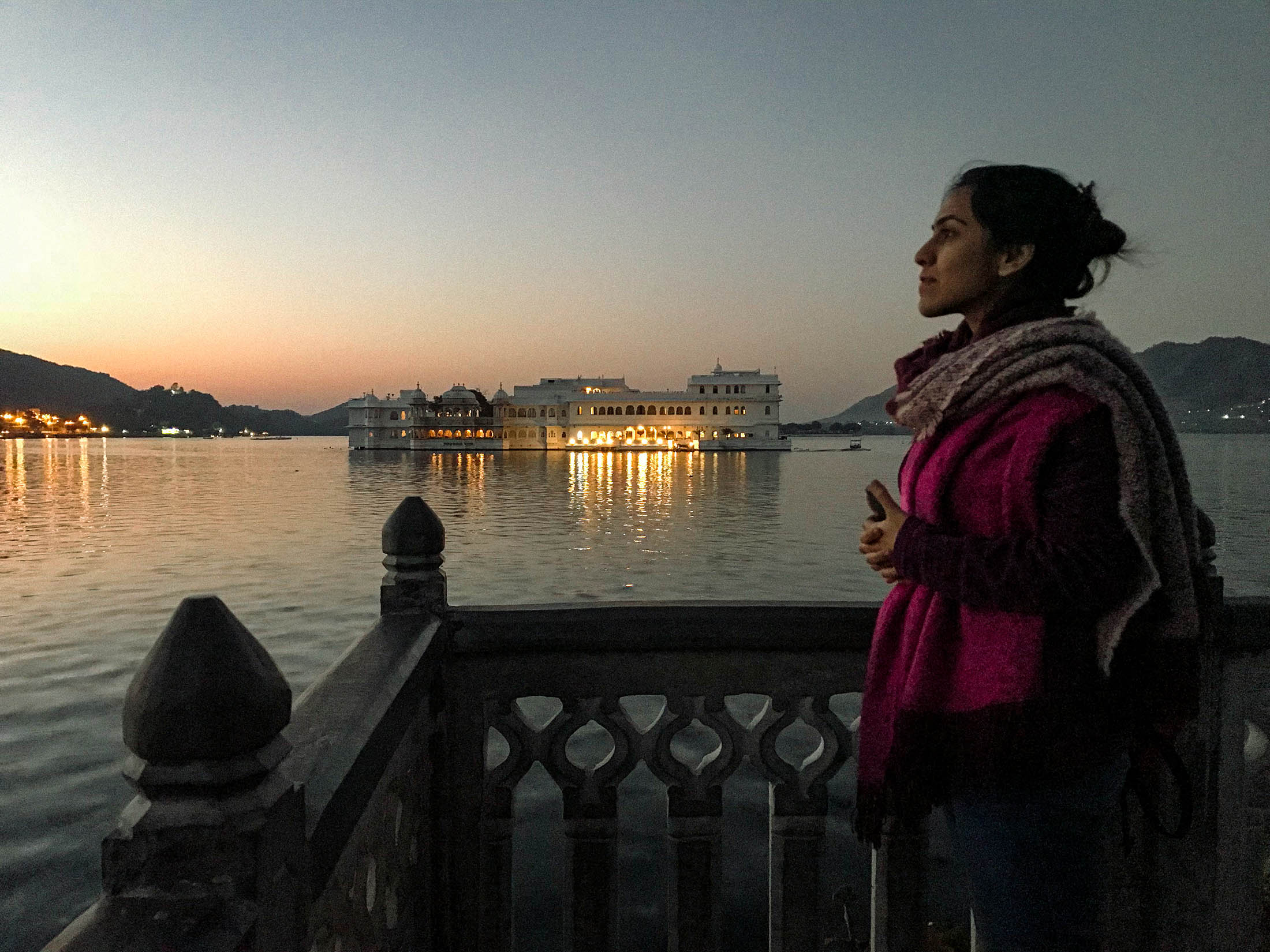
The quiet assertion of her dignity in the face of discrimination, her laughter echoing in the market, and the quiet confidence with which she negotiated—all painted a picture of a woman embodying the spirit of modern India. Tanu's story represents not just her journey but the journey of many travellers and global citizens—a quest for deeper understanding and connection, and a testament to the power of shared experiences to transcend differences.
Her story, therefore, transcended the mere fabric of travel anecdotes to etch itself into my consciousness. It was an encounter that stirred a profound reckoning within me — a deep dive into the complexities of culture, identity, and the inherent power of our shared humanity. In the contours of her experience, I found not just a reflection of Tanu's world but a mirror into my own biases and preconceptions, challenging me to embrace a richer, more textured understanding of the human experience.
Her journey, interlaced with moments of grace and grit, became a beacon, illuminating the silent strength that propels us forward in our quest for a world unbound by prejudice, where every story, regardless of its origin, is met with the dignity it rightfully deserves.
